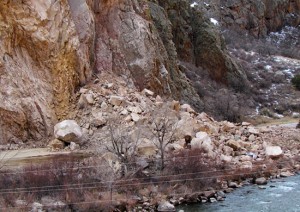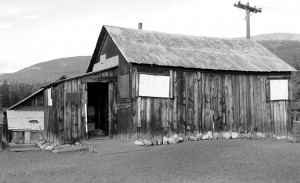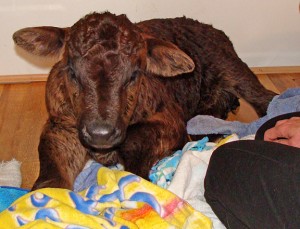By John Mattingly
Most of what I know about farming I learned from other farmers, and many who influenced me the most never spoke to me. Unlike most other professions, a farmer’s work is out in plain sight. A farmer’s roof is the sky; open air his workplace. Some farmers will try to make their crops look good next to the road by making an extra fertilizer or cultivating pass, but another farmer can detect these venial deceptions.
Though the media has given farmers a “salt of the earth” image, it would be instructive for folks to remember what a little salt feels like on an open wound. Not that farmers are that bad, but being the salt of the earth ain’t all hugs and roses, either. Few things warm the heart of a farmer more than to see that his crops are a mite greener, taller, and in any way better, than his neighbors. Not that any farmer wishes total destruction upon his neighbors. That would speak ill of the region and the profession. No, a good farmer simply wants to be the best of the better.
When I was starting out, I recall driving around with older farmers in my region while they provided a running commentary on the passing fields. Comments like this were common:
“Old Jerry is never the first and never the last. Always right in the middle. Safe, but he’ll never break into Guinness.”
“He likes to water too much.”
“The man always plants barley in February. I guess he gets away with it.”
The term, “getting away with it,” was a conditional concession by one farmer to the practice of another farmer. The remarking farmer would never engage in that particular practice himself, but had to acknowledge that, for some mysterious reason, it worked for the other farmer.
“He never did learn to drive in a straight line. Claims you get more seed in a crooked row.”
“Look at that fool, out there baling hay in the middle of the day.”
“There’s cultivator blight. Why can’t a man learn to put bull tongues on his planter?”
Competition among and between farmers is not cutthroat, but is definitely spirited.
In my early days as farmer there was one man I watched more carefully than others. I’ll call him Ed, because there are elements to this story that he may want to remain private, though it has been something like forty years.
If I had any doubt about what I was doing in a field, or with a certain crop at a particular time, I’d take a drive over to see what Ed was doing. If I followed the pattern of his work, it usually worked out for the better, and often gave me an edge on the classic risks of farming. Additionally, Ed had a remarkable collection of Playboy centerfolds glued to the upper wall of his shop.
“I can get a hired man to work in here all night,” he was fond of boasting.
It was true that his shop tended to be a gathering place in all seasons, for either beer or coffee. Each month since the mid-1950s, Ed had removed the centerfold from the arriving issue and glued it in sequence to the upper wall with rubber cement. Sitting at the coffee table in the corner and rotating your head from left to right, it was possible to track the progression of permissiveness in the amount of flesh revealed by the photos. The early centerfolds were almost fully clothed in comparison to the most recent exposures at the other extreme.
The net effect of the collection was to add a lot of life and color to the otherwise dead and dark work of mechanicing, which involves iron, oil, grease, and dark recesses requiring special tools.
One fall I came into Ed’s shop and the collection of centerfolds was gone. There were torn pieces still clinging to the upper walls, and the paint was brighter where the centerfolds had hung. I didn’t ask Ed about their absence directly, but he figured out my curiosity. Probably because I kept looking around.
Finally, he explained. “I went into the house for dinner about a month ago, and the wife had wallpapered the kitchen and dining room with centerfolds from Playgirl. She and I, we made a deal.”
I could see his situation, and knew I’d do the same. “What happened to the collection?”
“Tried to give it to several guys, but when I told ’em why I was being generous, they backed up.”
John Mattingly cultivates prose, among other things, and was most recently seen near Creede.


